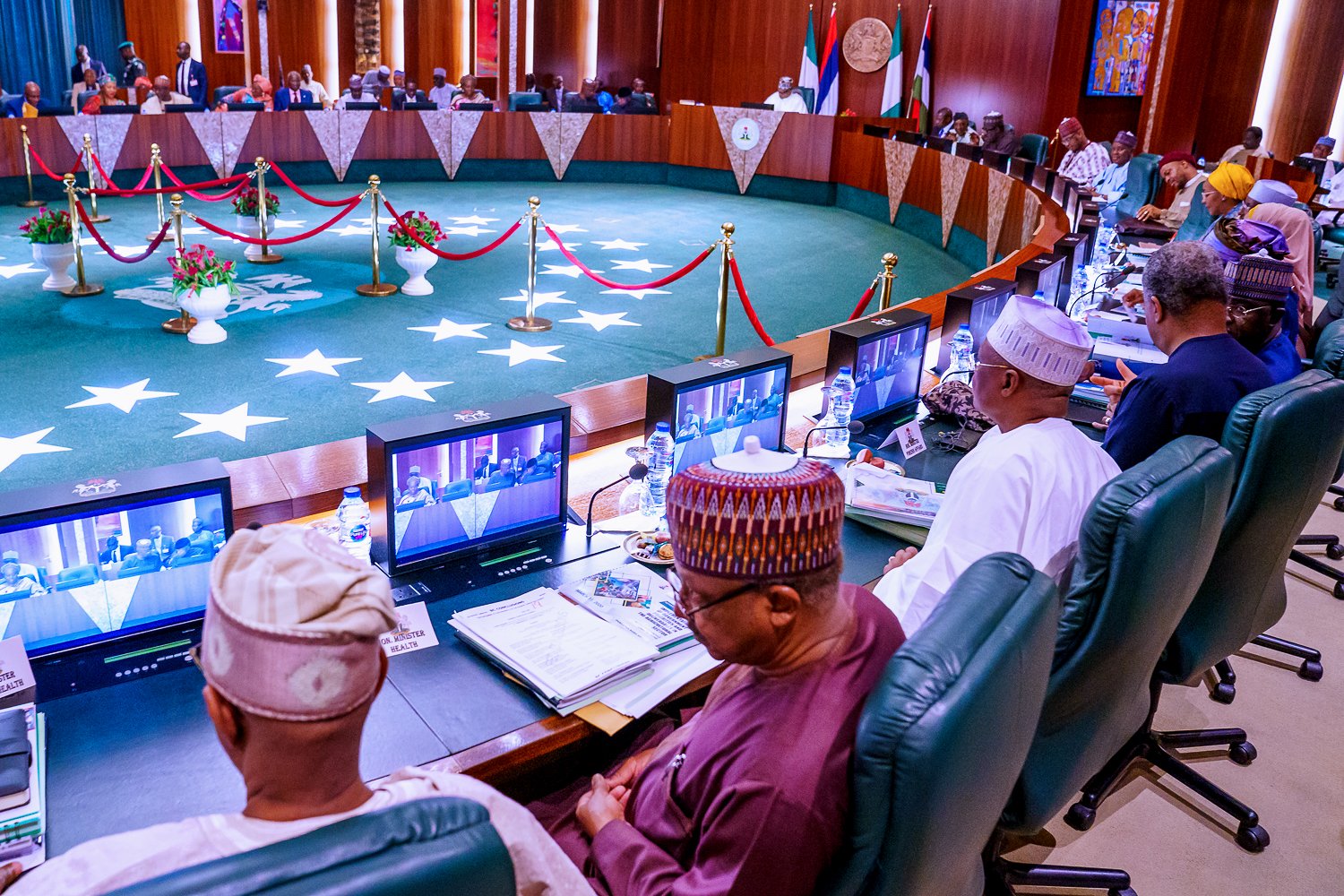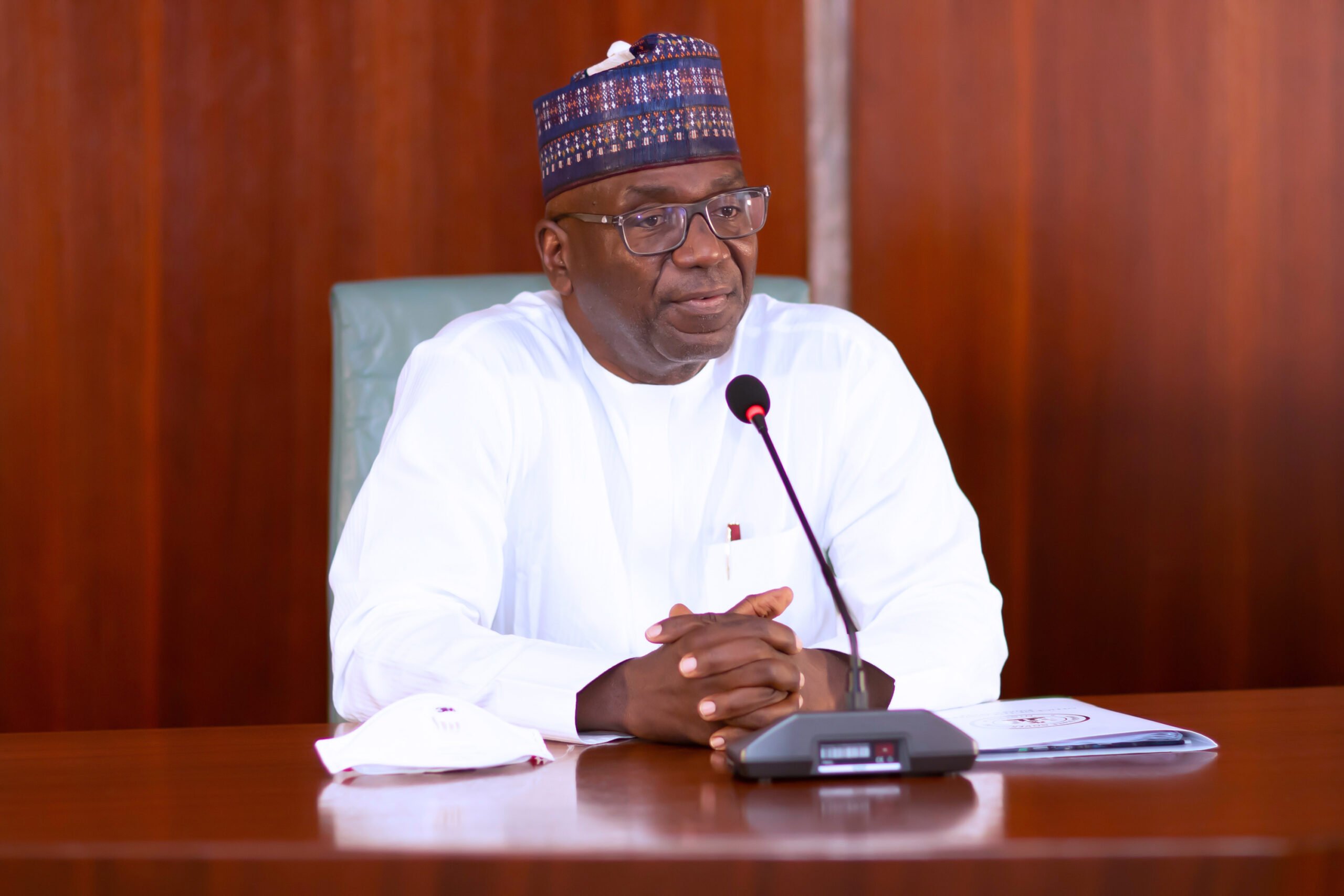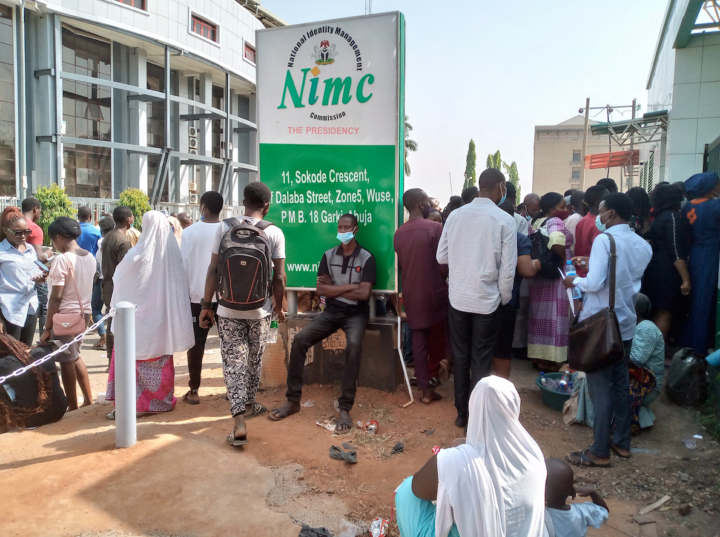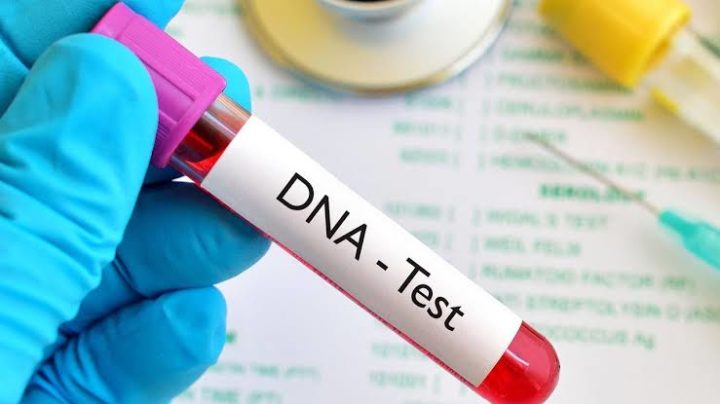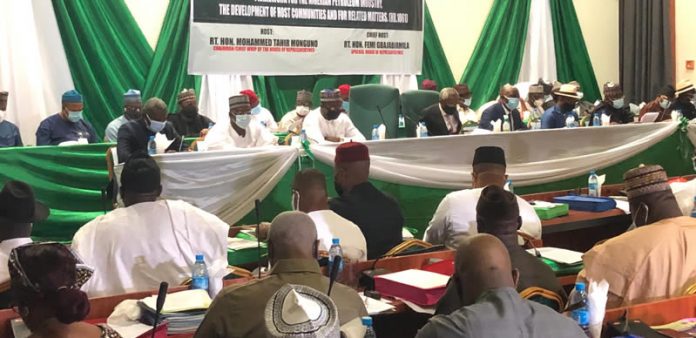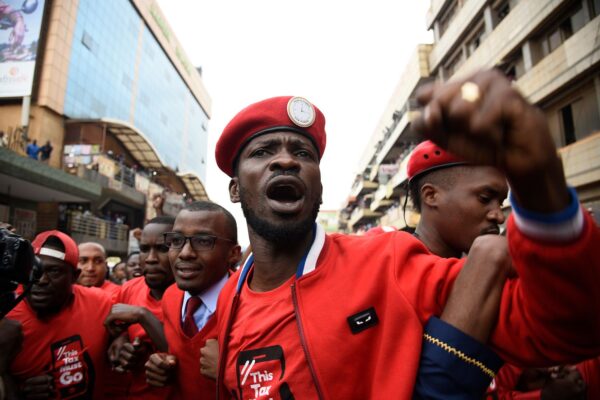In economics, we learn a little about balance of trade. This can either be surplus or negative. A surplus is when country’s export value is greater than its import. But a deficit occurs when the country becomes a major consumer leading to higher import and lower or zero export. As the name implies, a deficit will do a lot of damage to the economy or balance of trade as a whole. This, at the end may likely affect countries per capital income at the long run. Yes this may not be the only factor but it may contribute to it.
When a country continues to run at a deficit, the tendency or urge to borrow will increase over time. A borrower they say is often at the mercy of the lender. Borrowing may enhance the influence of poverty over the country or citizens’ value. Poverty, when it becomes fully blown, does a lot of damage to the individual’s psyche. Thinking pattern and worldview of a very poor person is often pitiable. A poor person has little choice to pick from.
A poor person’s life can be cut short with stuff that should not. An insignificant disease that can be treated fast with little or no money will become epidemic with a capacity to destroy thousands of lives within a blink of an eye. A poor family often loathe for the good things of life without any fulfilment. Decision making processes are often affected by inability ‘send money on an errand’.
Nigeria’s situation has not been different from the outlook presented above. Since 2015, a singsong Nigerians have been ‘romancing’ with is that Nigeria is running on a deficit. Oil prices dropped sharply, and since this is what the nation depends on heavily, everything had taken a nosedive. Quality of life on the street has been moving from bad to worst. Though Nigerians keep hearing of Billions of Naira being shared to alleviate the poverty in the land. Nigerians had been told Northerners became major beneficiaries of these palliatives because the region is the worst hit.
Advertisement
But pray, a journey through the northern region did not show any evidence of a change that citizens had been promised. Things seemed alright until the COVID-19 pandemic broke out last year. Nigerians and Africans at large were lucky enough as the first wave did not do the level of damage the naysayers forecasted. There were no dead bodies on the streets among other predictions.
But why others advanced nations decided to lockdown for safety reason among others, Nigeria government tried to do same but could not sustain such luxury. Nigeria tried the first two weeks of lockdown but as the second wave of two weeks lockdown was introduced in the middle of April 2020, it became obvious such was not practicable. The level of poverty in the land and the reality that majority of the people live from hands to mouth, through daily earnings, made continued lockdown ineffective.
Many of these affected citizens, especially in Lagos began to rob and maim others whom they perceived were living a seemingly better life than they were. Government had to quickly stop the lockdown rule while trying hard to mitigate the effects of the poverty in the land.
Advertisement
A poor mindset, wherever it is find, is a huge liability. While many advanced nations took good care of their citizens during the lockdown with lots of support measures, our own palliatives found their ways into the storehouses of the notable politicians. It took the EndSars confusion for Nigerians to see the level of depravity poor mindset had done to so-called politicians or upper echelons who should use their positions to alleviate the problem of the downtrodden.
The essence of this article though is more on the second wave of the COVID-19 which is truly doing a great damage here in Nigeria and Africa. The second wave seems deadlier and affects almost everyone. Poor and the middle class, if that truly exist inclusive. Hospitals are now filled to the brim. Our health capacity and infrastructure had been over stretched. The pandemic is ravaging like wild fire and it is killing more in terms of number than its first outbreak.
Few private health institutions with little capacity to handle the pandemic had become shylock over time. Private health institutions in the urban centres in Nigeria from inception had never been low pocket friendly. Bills are given based on where you work or patient’s economic status rather than been based on the disease of the patient.
I have been authoritatively informed, a patient with symptoms of COVID-19 has to part with average of Three Million, five Hundred thousand for admission deposit at the minimum. Where would an average Nigerian gets this? So the numbers of death continued to be on the alarming rate but this is usually under reported daily. What a shame of a nation.
Advertisement
Government had considered and threatened a lockdown but that seems like a toothless bulldog ranting. While other countries with enough power to provide basic amenities for the entire citizenry had declared a lockdown, Nigeria government knew the implication of lockdown. So the best option for being in deficit is to allow people to die in droves.
The question is how long shall this continue? Why is it difficult for the present administration, which has been power since 2015, to find a remedy to the deficit till date? How long will Nigerians keep hoping for the better days while best of its brains are leaving the country every day for a greener pasture while the remaining are allowed to die cheap death?
Views expressed by contributors are strictly personal and not of TheCable.
Add a comment

